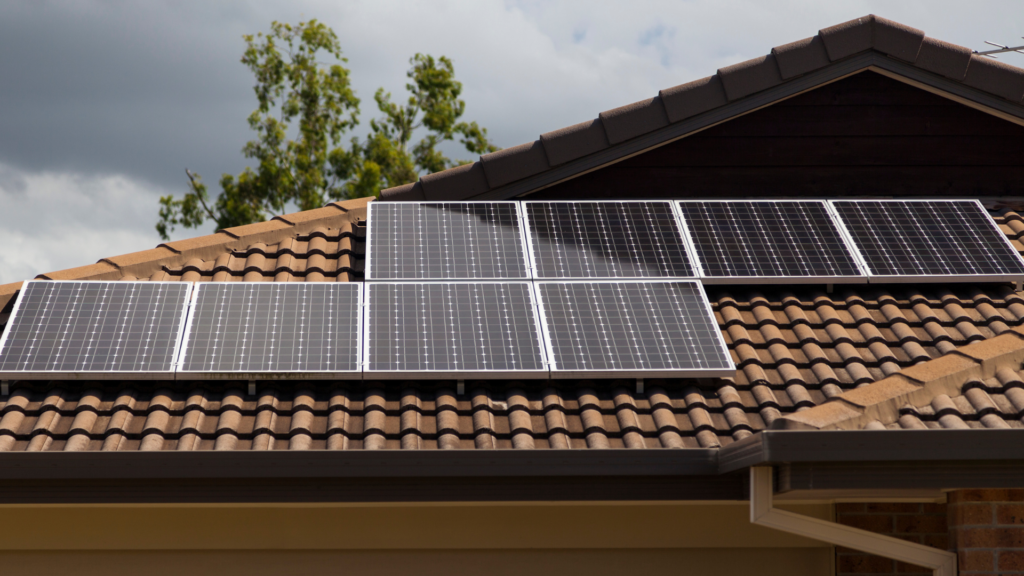Building Resilient Cities for a Sustainable Energy Future
As competitiveness takes centre stage, cities must remain key drivers of Europe’s just and resilient energy transition.
With the new EU institutions taking office, it seems that the main discourse has shifted from the EU Green Deal to competitiveness. This new narrative presents both a challenge and an opportunity for European cities. We want our territories to prosper, but this can’t happen at the expense of our health and safety.
Resilient local economies for a competitive Europe
A thriving city is a place with community wealth, where the needs of its inhabitants are met, preferably by local economic actors. This reinforces the local economic system and the social bonds that help withstand crises.
Resilient local economies are a precondition to the EU’s competitiveness.
This community wealth approach applies to many sectors, but I believe is quite effective with energy. Nowadays, very few are questioning the need to have more renewable energy fed into the grid, not only to fight climate change but to ensure everyone (businesses and citizens alike) has access to energy at a relatively stable and affordable price, no matter the geopolitical context. But to speed up renewable energy source deployments, we must ensure everyone is on board. Not in-my-backyard behaviours (NIMBY) are still a reality many local leaders are confronted with. According to our experience in Porto, local ownership of renewable energy is a way for cities to address NIMBY, but also to help tackle energy poverty and contribute to thriving local economies.
Community energy addressing energy poverty in Porto
That is why Porto plans to include all municipal social housing, around 12% of buildings, in community energy projects. Six megawatts of solar power will be installed, providing clean electricity to vulnerable families at a lower price.
While some projects are still being tendered, some are already in the implementation phase. For example, the energy community in the Agra do Amial district, active since May 2024, is already providing its members with renewable energy, with around 50% of the energy generated consumed by vulnerable families.
While our ambition is high, we can’t ignore the challenges confronting us – some common to many European municipalities. Cities frequently lack staff and financial resources to lead highly participatory processes, often involving citizens who are very difficult to engage (such as vulnerable households), or even to provide information to their community on energy-related issues. This, combined with the complexity of such topics, makes our work even more difficult.
In addition, burdensome administrative processes and challenging legal frameworks at the national level can halt innovative projects and discourage citizens and small businesses from participating. When setting up Porto’s first energy community, it took us two years to get social housing units connected to the solar panels we installed.

Leveraging on local ecosystems for a more resilient Europe
Luckily, solutions exist to ensure local communities can play their part in contributing to a more resilient and democratic Europe. Aside from ensuring legislation is properly transposed so that everyone across Europe can benefit from the same energy rights, we need capacity-building and energy literacy programmes and to develop local One Stop Shops to inform citizens of the opportunities available to them.
We need capacity-building and energy literacy programmes and to develop local one-stop shops to inform citizens of the opportunities available to them.
For this to happen, cities must access finance and integrate the different initiatives at all levels aiming to increase renewable energy deployment (and energy security). Another important aspect will be to ensure multilevel governance so that cities can participate in the decision-making around what concerns them, and not just be asked to implement.
In the coming period, the European Commission is set to work on a new Citizens Energy Package, develop a Clean Industrial Deal, and reform the EU Cohesion Policy. This presents a unique opportunity to align the EU approach to competitiveness with its energy and environmental targets, by establishing proper governance mechanisms and funnelling the necessary resources accordingly.
This opinion editorial is produced in cooperation with the European Sustainable Energy Week (EUSEW) 2025.